Sleep and Performance: How Quality Rest Can Enhance Your Athletic Abilities
# Sleep and Performance: How Quality Rest Can Enhance Your Athletic Abilities
In the realm of athletic performance, the spotlight often shines on rigorous training regimens, advanced nutrition strategies, and the latest workout gear. However, one crucial element often overlooked is the power of sleep. Quality rest is not merely a recovery period; it is a fundamental pillar that can significantly enhance athletic abilities. This blog post delves into the connection between sleep and performance, exploring how quality rest can propel athletes to new heights, along with nutrition tips, exercise advice, and health benefits.
## The Science of Sleep and Athletic Performance
Sleep is a complex physiological process that plays a vital role in physical and cognitive recovery. During sleep, the body undergoes numerous restorative processes: muscle repair, protein synthesis, and the release of growth hormones occur predominantly during deep sleep stages. This is critical for athletes who subject their bodies to intense physical stress.
Research has consistently shown a correlation between sleep duration and athletic performance. A study published in the *Journal of Sports Sciences* highlighted that athletes who received extended sleep (9-10 hours per night) reported improved reaction times, increased speed, and enhanced accuracy in their performance. The cognitive aspects of sleep cannot be underestimated either; quality rest enhances focus, decision-making abilities, and emotional regulation, all of which are crucial in high-stakes athletic environments.
## Health Benefits of Quality Sleep
1. **Improved Recovery**: Adequate sleep allows the body to repair tissues damaged during exercise, which is essential for muscle recovery and growth.
2. **Enhanced Immune Function**: Quality sleep strengthens the immune system, reducing the risk of illness and injury that can sideline athletes.
3. **Better Mood Regulation**: Sleep plays a significant role in emotional well-being. Athletes who sleep well are less prone to mood swings, irritability, and anxiety, leading to a more focused and positive approach to training and competition.
4. **Cognitive Function**: Sleep deprivation can impair cognitive functions such as memory, attention, and problem-solving abilities. Athletes need these skills to make quick decisions during competition.
5. **Hormonal Balance**: Sleep influences the production of hormones such as cortisol and testosterone, which are crucial for stress management and muscle growth, respectively.
## Nutrition Tips for Better Sleep
While quality sleep is vital, it can be influenced by nutrition as well. Here are some tips to optimize your diet for better sleep:
1. **Avoid Heavy Meals Before Bed**: Eating large, heavy meals close to bedtime can disrupt your sleep. Aim to have your last meal 2-3 hours before sleeping.
2. **Limit Caffeine and Alcohol**: Caffeine can remain in your system for several hours, so avoid consuming it in the late afternoon and evening. Similarly, while alcohol may initially make you feel sleepy, it can disrupt your sleep cycle.
3. **Incorporate Sleep-Inducing Foods**: Foods rich in magnesium (such as leafy greens, nuts, and seeds) and tryptophan (like turkey, fish, and bananas) can promote relaxation and improve sleep quality.
4. **Stay Hydrated but Not Overhydrated**: While hydration is key for athletic performance, drinking excessive amounts of fluids right before bed can lead to nocturnal awakenings.
5. **Consider Sleep Supplements**: If you struggle with sleep, natural supplements like melatonin or herbal teas such as chamomile or valerian root may help promote better sleep quality.
## Exercise Advice for Optimal Sleep
Exercise is an excellent way to promote better sleep, but timing and type matter:
1. **Stick to a Routine**: Regular physical activity can help regulate your sleep patterns. Aim for at least 150 minutes of moderate aerobic activity each week.
2. **Time Your Workouts**: While exercising at any time of day can be beneficial, aim to finish high-intensity workouts at least 3 hours before bedtime to allow your body to wind down.
3



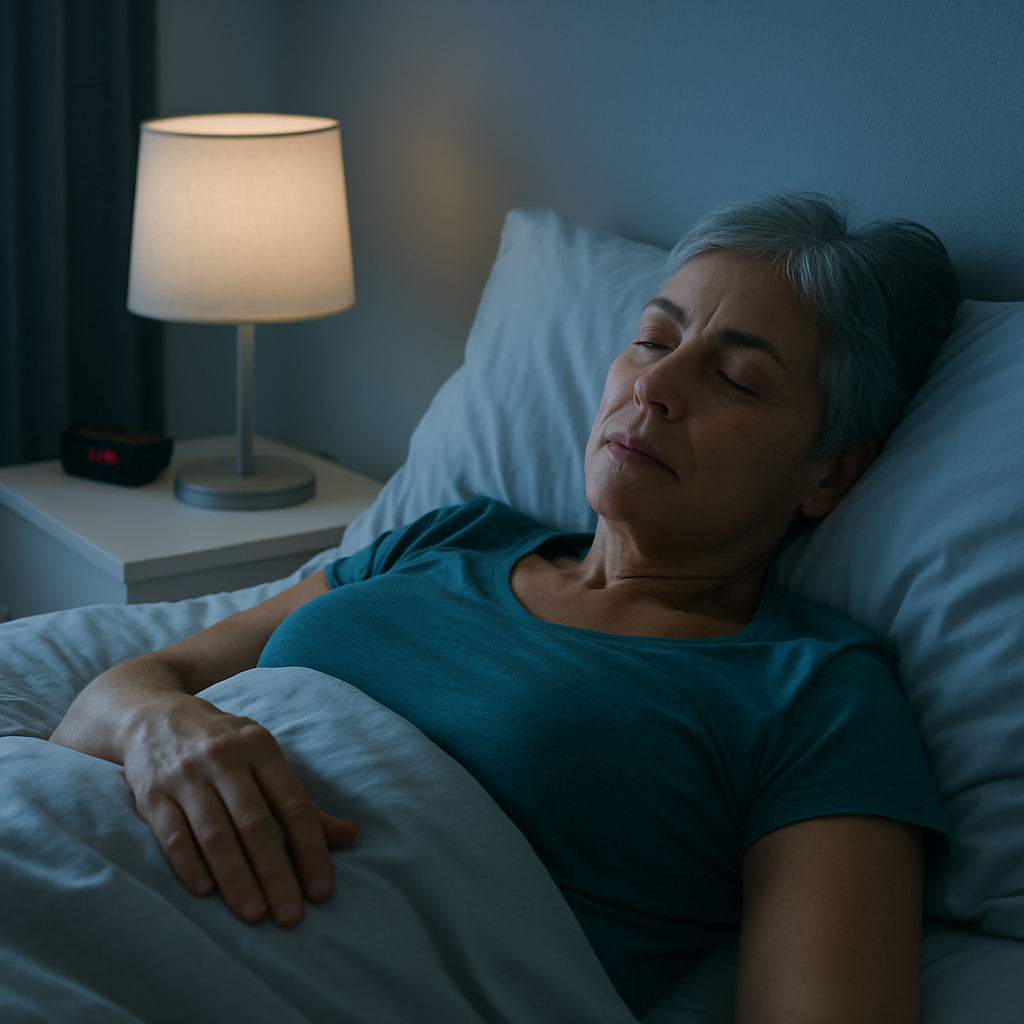
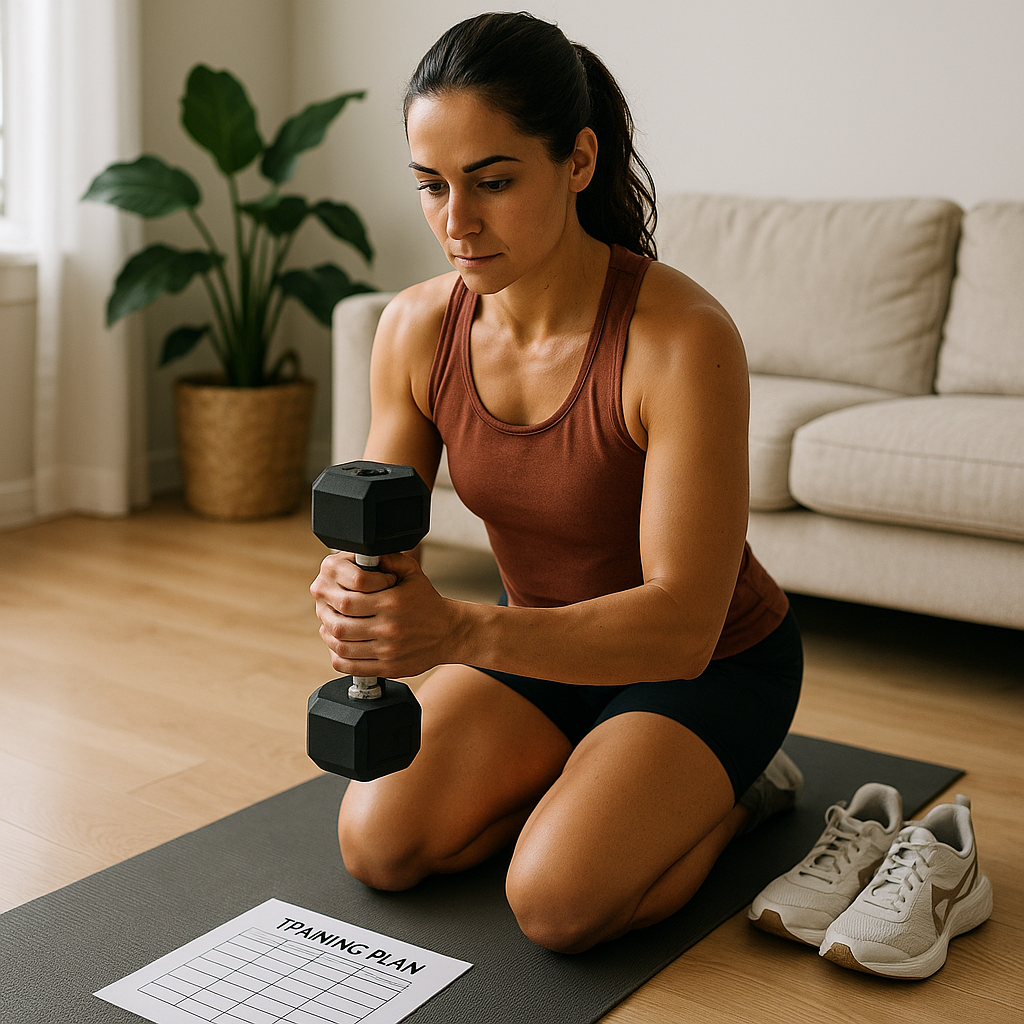

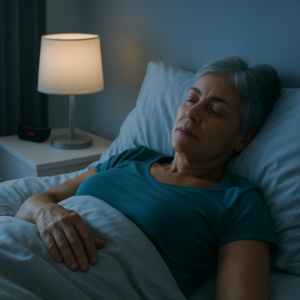
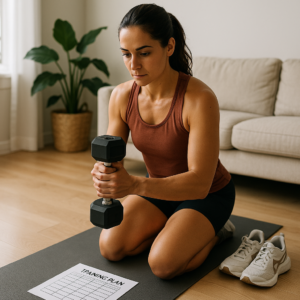
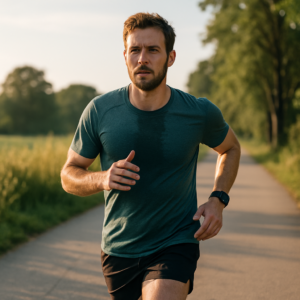
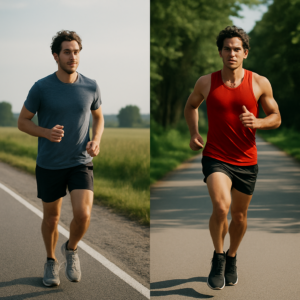
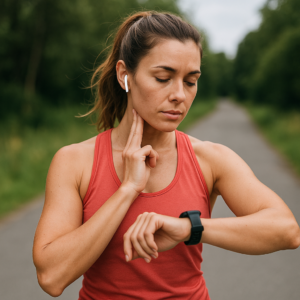
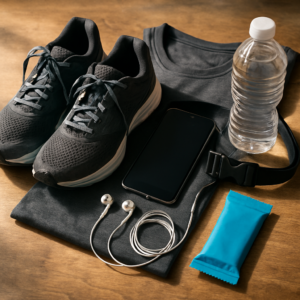
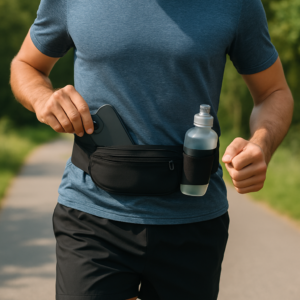
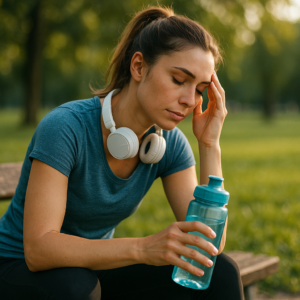

Post Comment